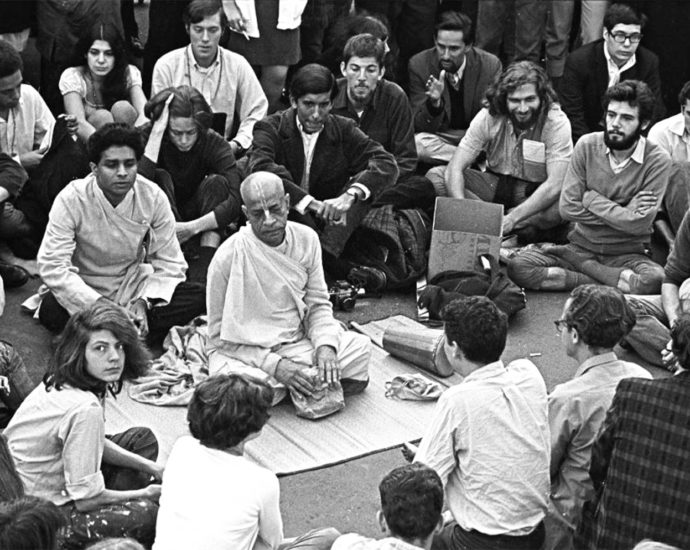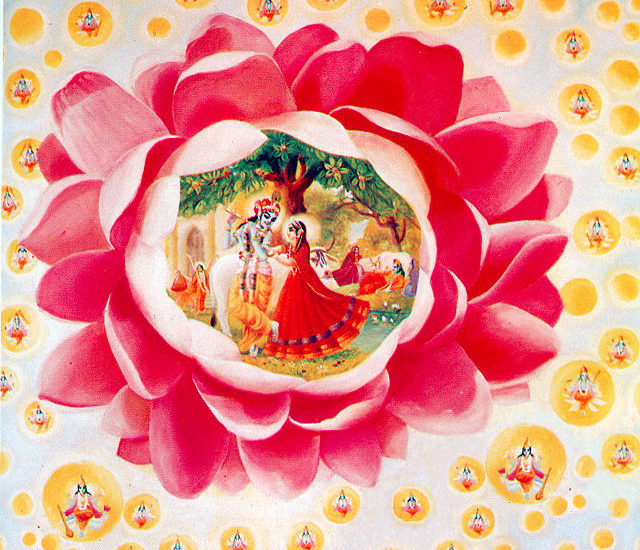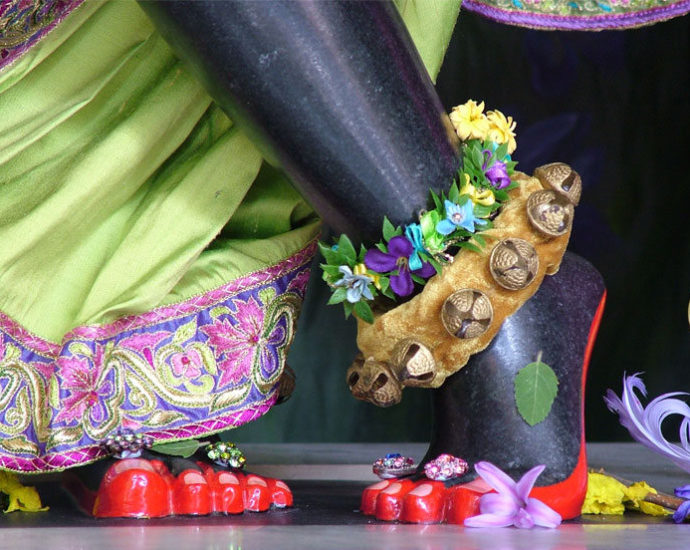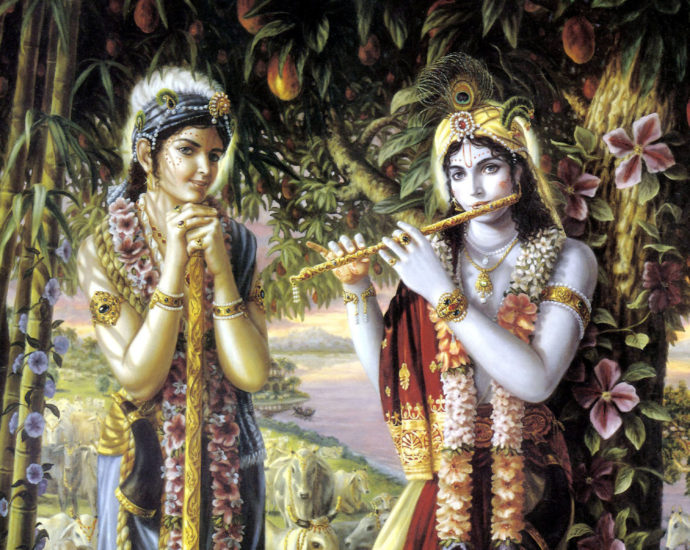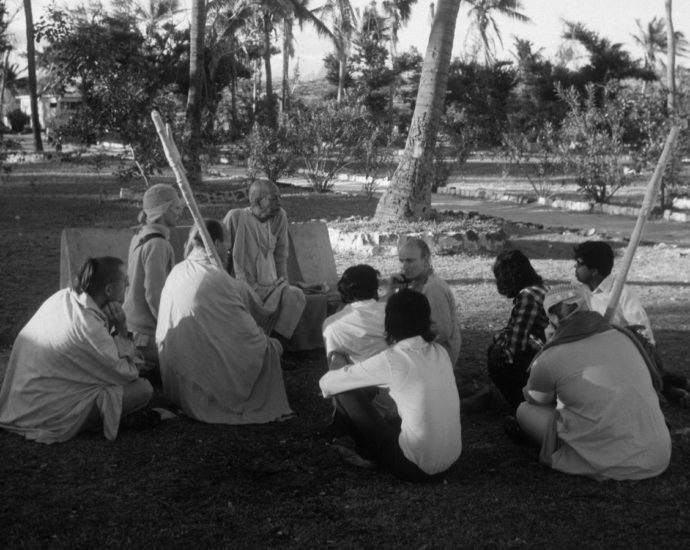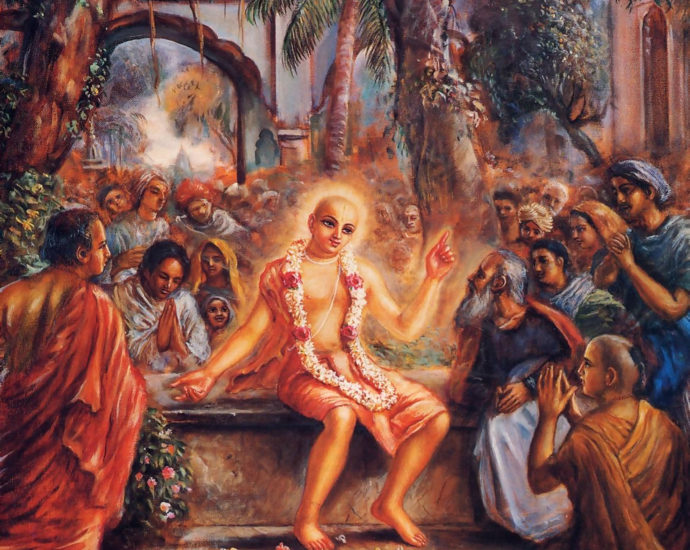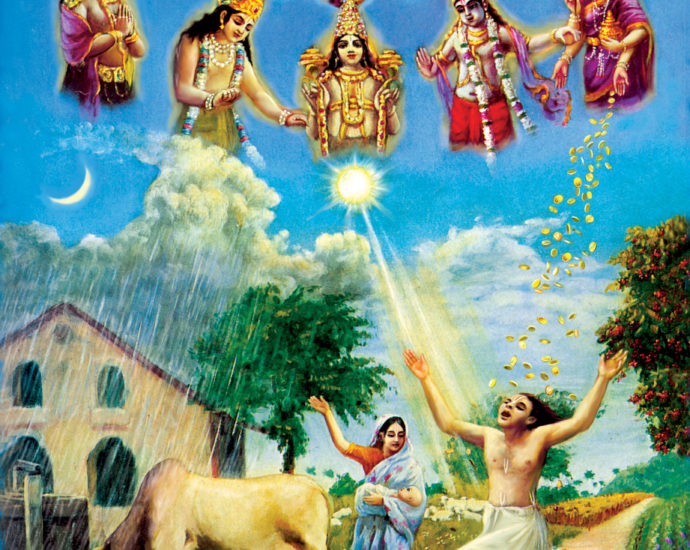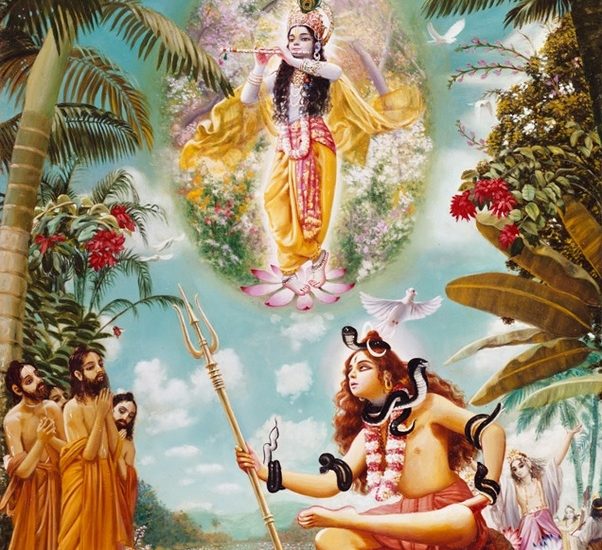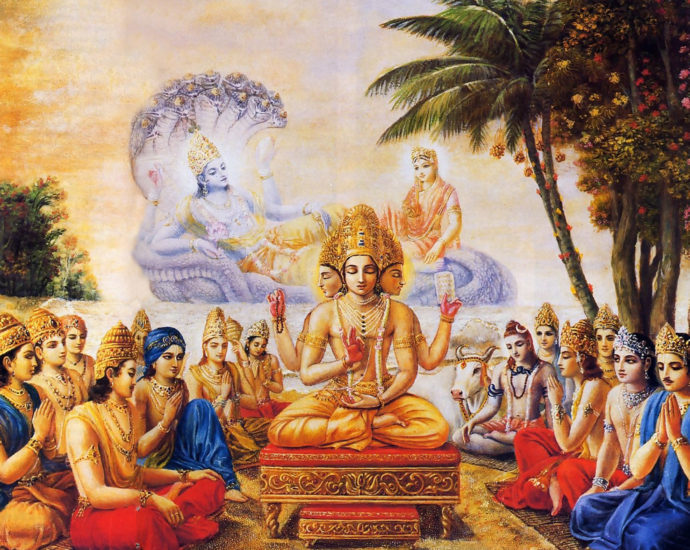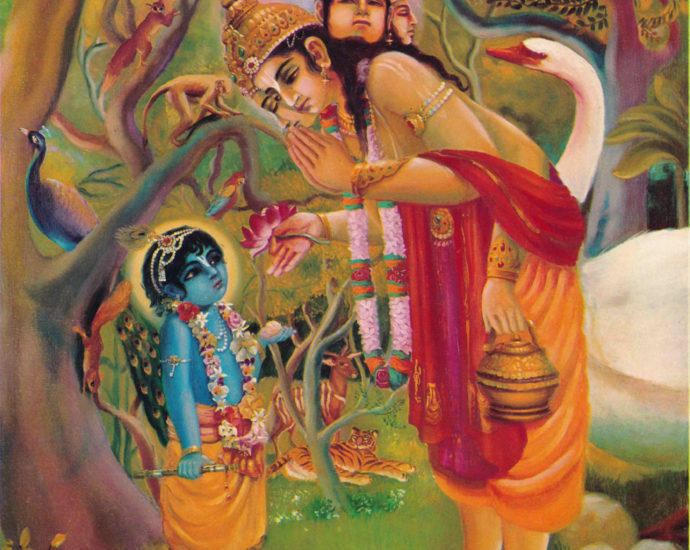Victory or Defeat is not Actually Ours
The Lord says in Bhagavad-gītā (15.15): sarvasya cāhaṁ hṛdi sanniviṣṭo mattaḥ smṛtir jñānam apohanaṁ ca “I am seated in everyone’s heart, and from Me come remembrance, knowledge and forgetfulness.” When two parties fight, the fighting actually goes on under the direction of the Supreme Personality of Godhead, who is Paramātmā, the Supersoul.Continue Reading
